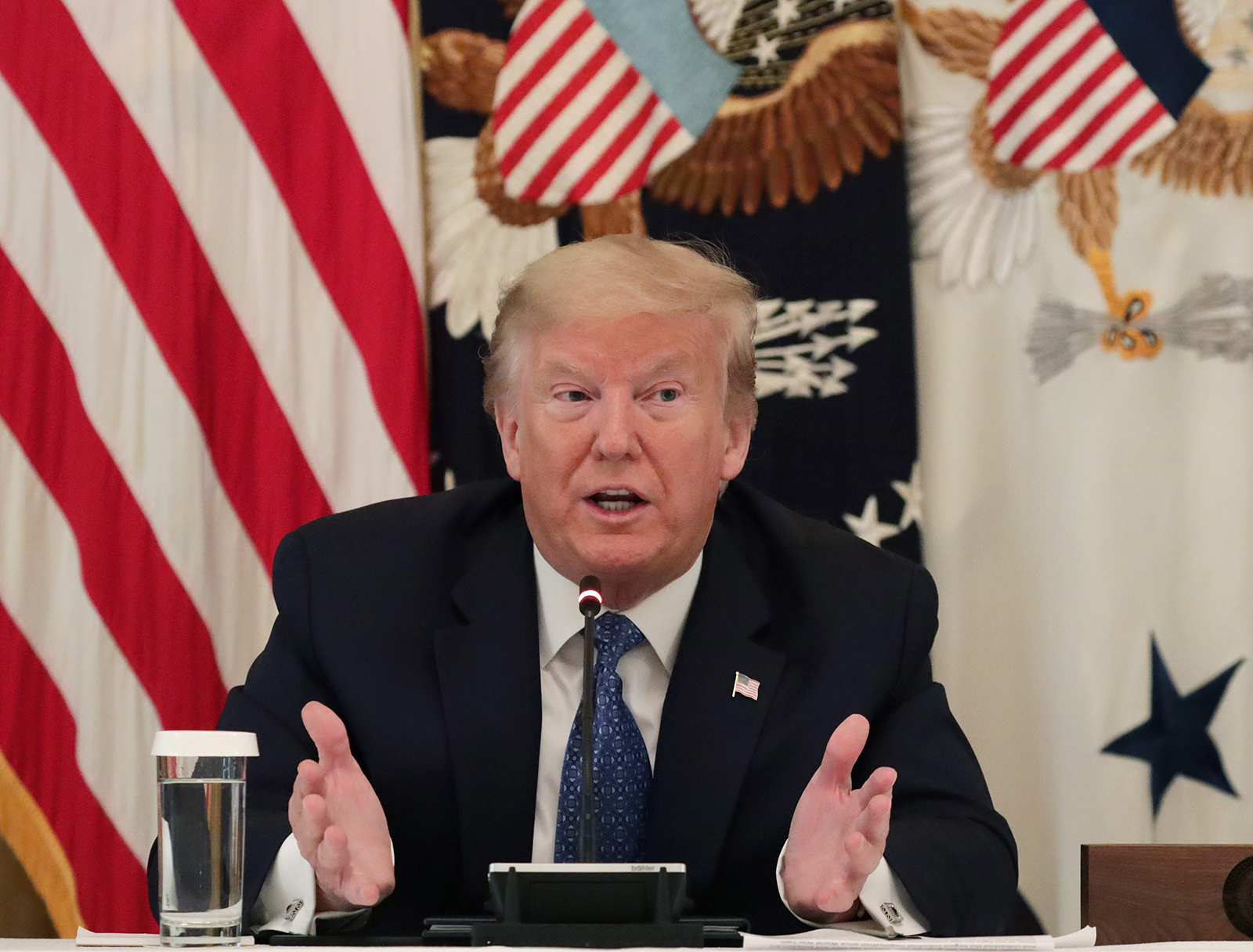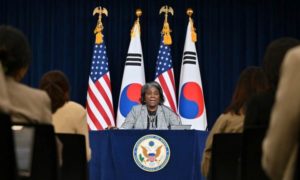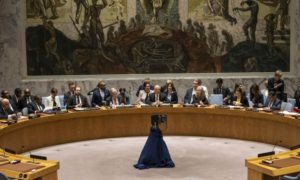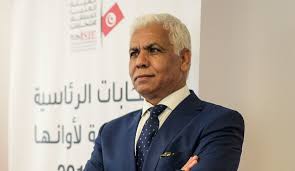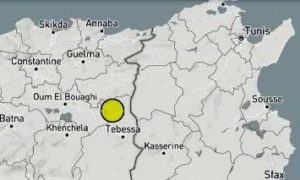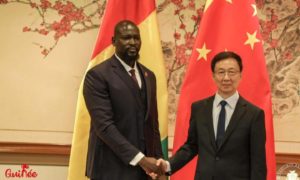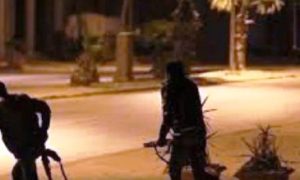The United States said on Thursday it will withdraw from the 35-nation Open Skies treaty allowing unarmed surveillance flights over member countries, the Trump administration’s latest move to pull the country out of a major global treaty.
The administration said Russia has repeatedly violated the pact’s terms. Senior officials said the pullout will formally take place in six months, but President Donald Trump held out the possibility that Russia could come into compliance.
“I think we have a very good relationship with Russia. But Russia didn’t adhere to the treaty. So until they adhere, we will pull out,” Trump told reporters.
His decision deepens doubts about whether Washington will seek to extend the 2010 New START accord, which imposes the last remaining limits on U.S. and Russian deployments of strategic nuclear arms to no more than 1,550 each. It expires in February.
Trump has repeatedly called for China to join the United States and Russia in talks on an arms control accord to replace New START. China, estimated to have about 300 nuclear weapons, has repeatedly rejected Trump’s proposal.
NATO allies and other countries like Ukraine had pressed Washington not to leave the Open Skies Treaty, whose unarmed overflights are aimed at bolstering confidence and providing members forewarning of surprise military attacks.
In Moscow, RIA state news agency quoted Russian Deputy Foreign Minister Alexander Grushko as saying that Russia has not violated the treaty and nothing prevents the continuation of talks on technical issues that Washington calls violations.
The Open Skies decision followed a six-month review in which officials found multiple instances of Russian refusal to comply with the treaty.
Last year, the administration pulled the United States out of the Intermediate-range Nuclear Forces Treaty with Russia.
A senior administration said U.S. officials had begun talks in recent days with Russian officials about a new round of nuclear arms negotiations to “begin crafting the next generation of nuclear arms control measures.”
Trump’s arms control negotiator mounted a full-blown defence of the administration’s arms control policies, focusing on the president’s proposal that China joins the United States and Russia on a replacement for New START.
“We know how to win these races and we know how to spend the adversary into oblivion. If we have to, we will, but we sure would like to avoid it,” Special Presidential Envoy for Arms Control Marshall Billingslea told the Hudson Institute to think tank.
The Open Skies treaty, proposed by U.S. President Dwight Eisenhower in 1955, was signed in 1992 and took effect in 2002. The idea is to let member nations make surveillance flights over each other’s countries to build trust.
The officials cited a years-long effort by Russia to violate the terms, such as by restricting U.S. overflights of Russia’s neighbour Georgia and the Russian military enclave in Kaliningrad on the Baltic coast.
What's happening in Tunisia?
Subscribe to our Youtube channel for updates.



